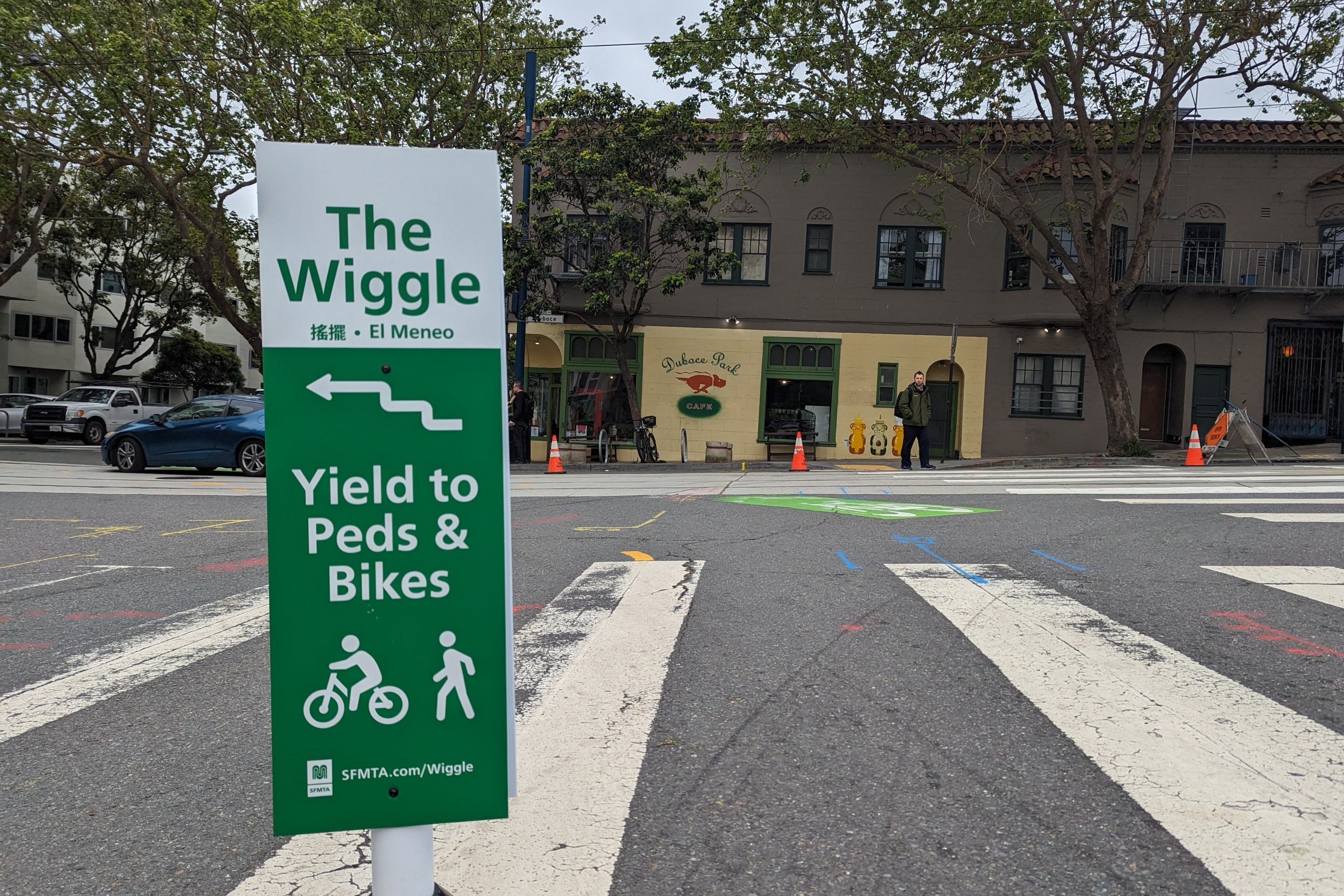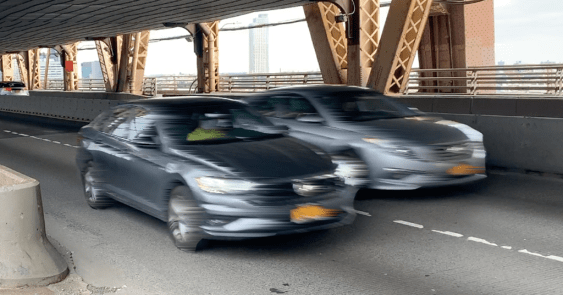Supervisor Scott Wiener is sounding the alarm that Muni, already the slowest transit system in the country, will only get worse over the next ten years unless officials at City Hall take the initiative to devote more resources to the city's decrepit transit vehicles and infrastructure.
Under the the latest iteration of the city's ten-year Capital Plan, a draft of which was approved by the Board of Supervisors last week, Muni will only see more of the breakdowns and crowding that have plagued the system due to decades of underfunding, said Wiener.
While the $330 million currently set aside in the plan for Muni is an increase over the city's historic spending levels of "basically zero," Wiener lamented the fact that it comes nowhere near filling the system's backlog of repairs and equipment replacements, which the SFMTA estimates would require $510 million every year within the ten-year period.
"I think it's important for all of us to understand that that is not even close to what we need even to improve service levels today, let alone with a growing population and a ten-year older system," Wiener said at a recent meeting of the Board of Supervisors Budget and Finance Committee.
As the SF Examiner has reported, even if voters approve two proposed revenue measures in November 2014, the Capital Plan would include a combined $790 million over the next ten years for transportation and street infrastructure -- nowhere near the $3.1 billion backlog, $2.2 billion of which the SFMTA says is for Muni:
As part of recently passed state legislation, the Board of Supervisors can opt to put an increase to The City’s vehicle license fee before voters.
If two-thirds of the board approves, voters will have the option of raising the current annual fee from 1.15 percent to 2 percent. A person with a vehicle worth $15,000 would see his or her registration fees increase from $172.50 to $300. The measure could pass with a simple majority of voters.
That measure would generate $440 million over a decade. Most of those funds would be used for street repaving projects. A bond measure passed in 2011 for street repaving is scheduled to expire next year, and the vehicle license fee would provide a consistent funding stream for such work...
The general obligation bond would be worth $150 million and be used for transit improvement projects as well as pedestrian and bike safety improvements. That would require a two-thirds majority of voters for approval.
The two ballot initiatives would be paired with an extra $200 million in general funds for transportation improvements over the next 10 years. In total, $790 million would be spent on the Transportation and Streets Infrastructure Package.
Under the Capital Plan's current scenario, which is drawn up by the multi-agency Capital Planning Committee, spending is not keeping pace with maintenance needs. "Every year we're falling further and further behind," said Jonathan Rewers, the SFMTA's capital financial planning manager.
To be sure, there's a lot of room for Muni to improve its maintenance and planning practices to make more efficient use of its funds, but the basic fact remains that the system can't get the equipment and street upgrades it needs if the city continues to deprive it of funding.
"Sometimes, it can be dismissed as a San Francisco pastime just trashing Muni," said Wiener. "But this has daily, real life consequences for hundreds of thousands of people in this city."





